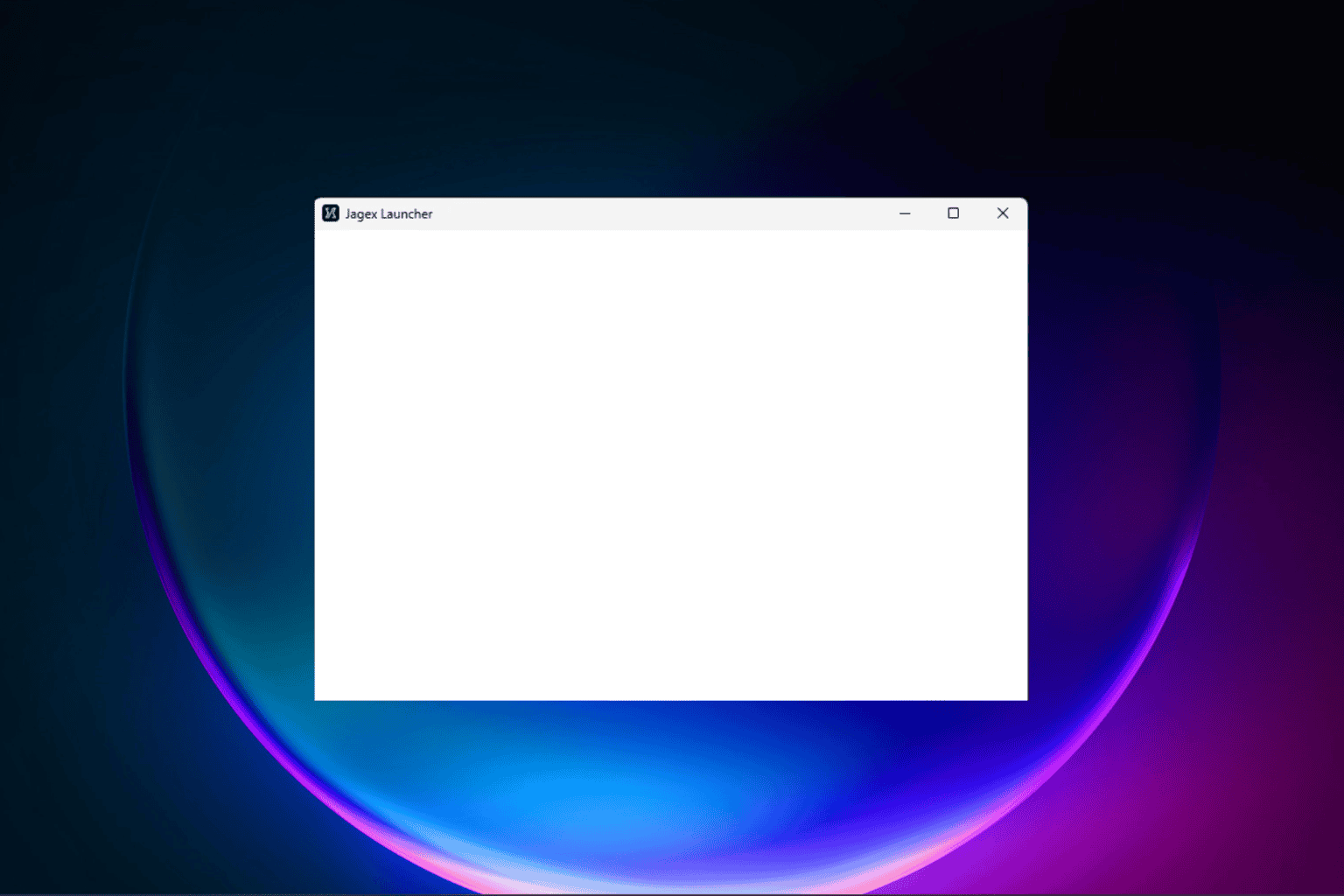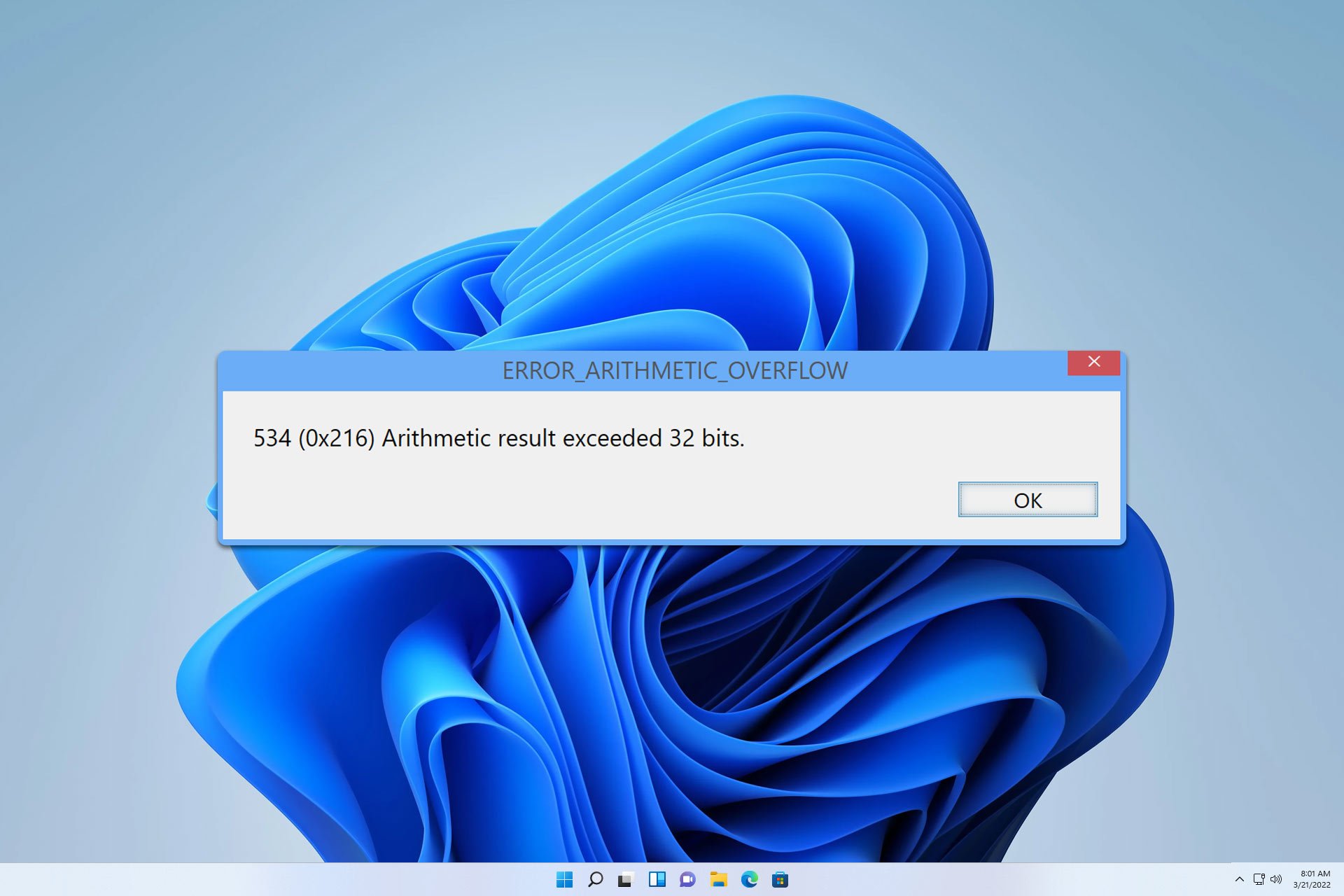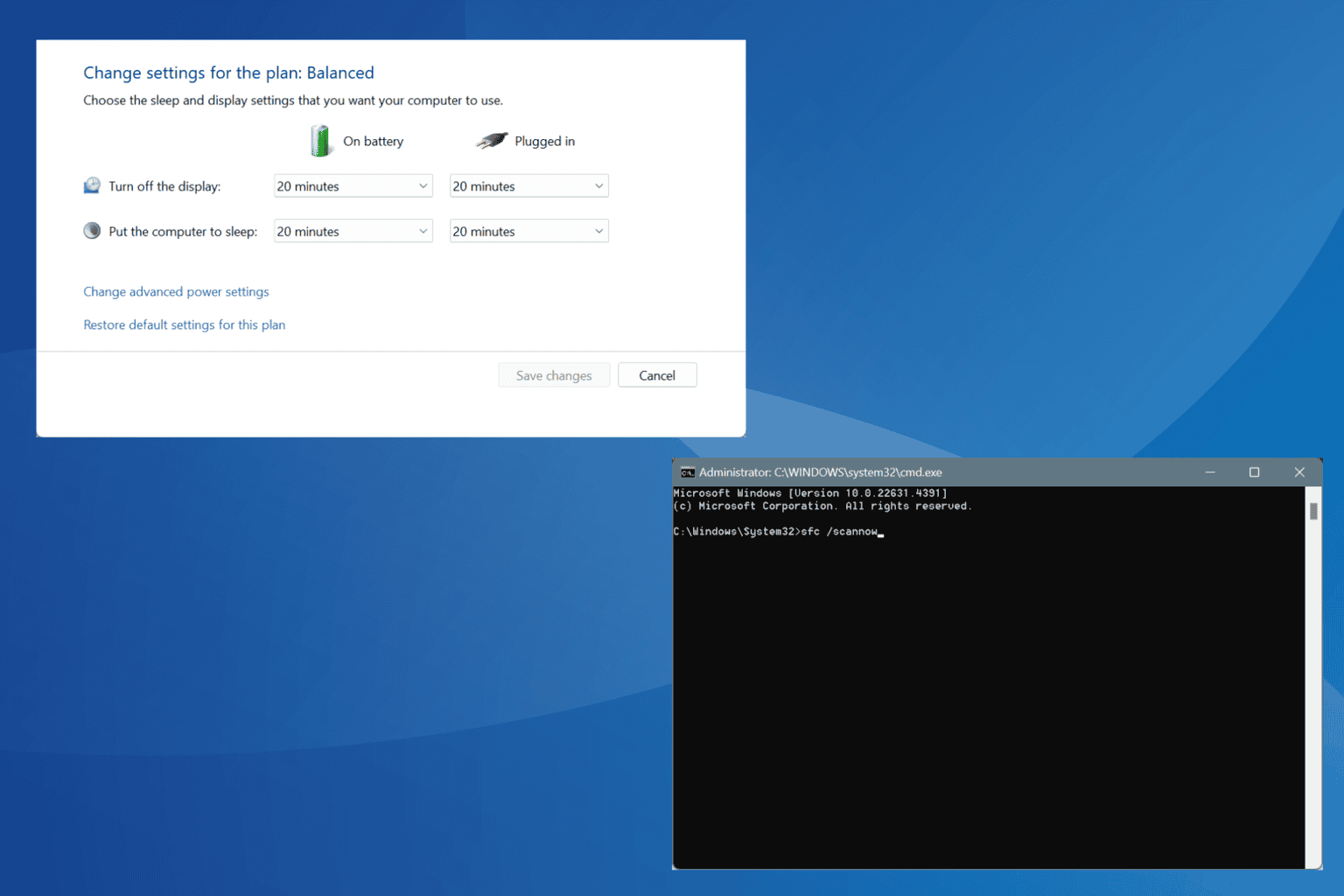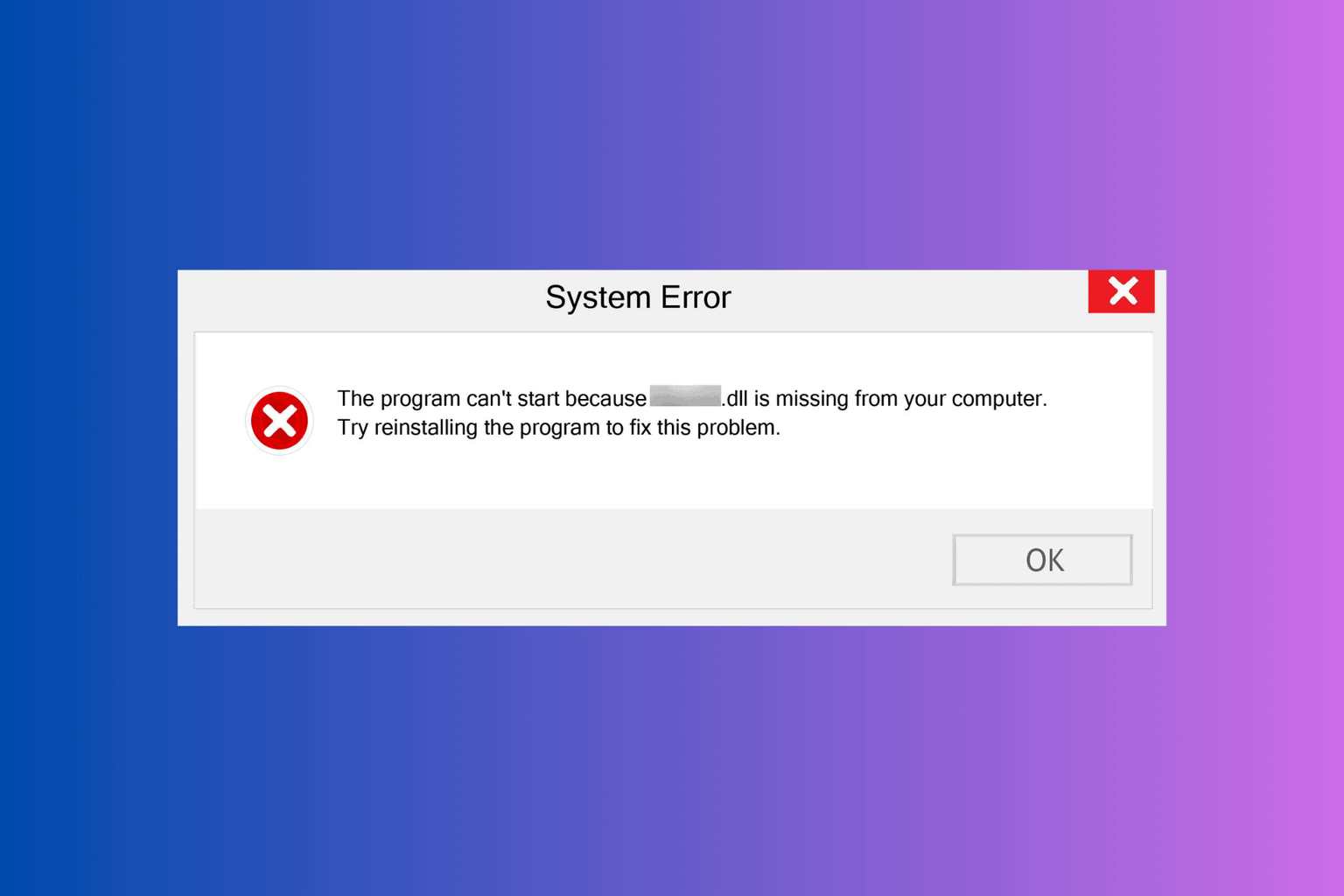Microsoft Edge extends support for Windows Server 2012 to October
2 min. read
Published on
Read our disclosure page to find out how can you help Windows Report sustain the editorial team. Read more

Towards the end of last year, we saw Microsoft’s Edge Dev build drop support for Windows 7, Windows 8, and Windows 8.1. Microsoft later cut support for both OSs at the beginning of this month, meaning they’ll no longer receive any security updates.
If you continue using an unsupported version, you are more susceptible to phishing attacks by hackers such as the recent development where attackers use attachments in OneNote’s notebooks to lure unsuspecting users to their traps.
As we had earlier reported, Windows Server 2012 is set to reach its end of support in October, though Microsoft didn’t detail how long it’ll continue receiving Edge updates, The company has now come out to confirm that it will continue to receive updates till October 2023.
According to Microsoft:
Microsoft Edge version 109 will be the last supported version on Windows Server 2012 and Windows Server 2012 R2 (version 110 and later will be unavailable). Version 109 will receive critical security fixes and fixes for known exploit bugs until October 10, 2023. WebView2 Runtime version 109 will be supported in the same way.
That said, if you try to install Microsoft Edge to these unsupported versions, you’ll get error messages. However, it is possible to continue using Microsoft Edge 109 as it was the last version that supports these operating systems. Microsoft will continue providing security updates for the version till October.
It should be noted that though Microsoft Edge 109 will continue getting security updates from Microsoft, Windows Server 2012 users shouldn’t expect any new features or improvements. The company further added that IE11 will also be supported on both Windows Server 2012 and 2012 R2 till October.
Microsoft recommends that admins should consider transitioning to Windows Server 2022 or purchasing Extended Security Updates (ESUs) if they want to keep their on-premises Windows Server 2012 servers running and continue getting security updates.
via: Ghacks








User forum
0 messages